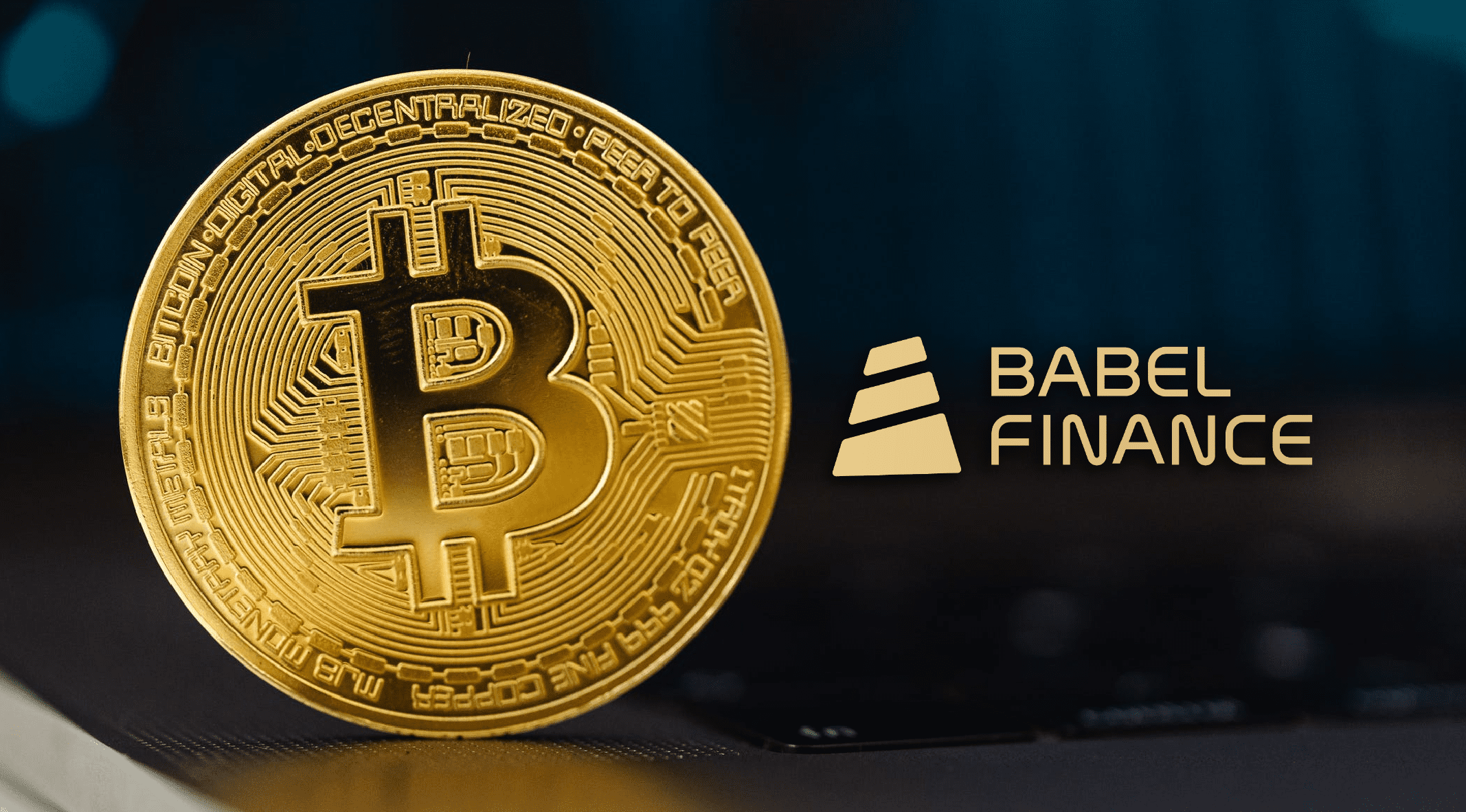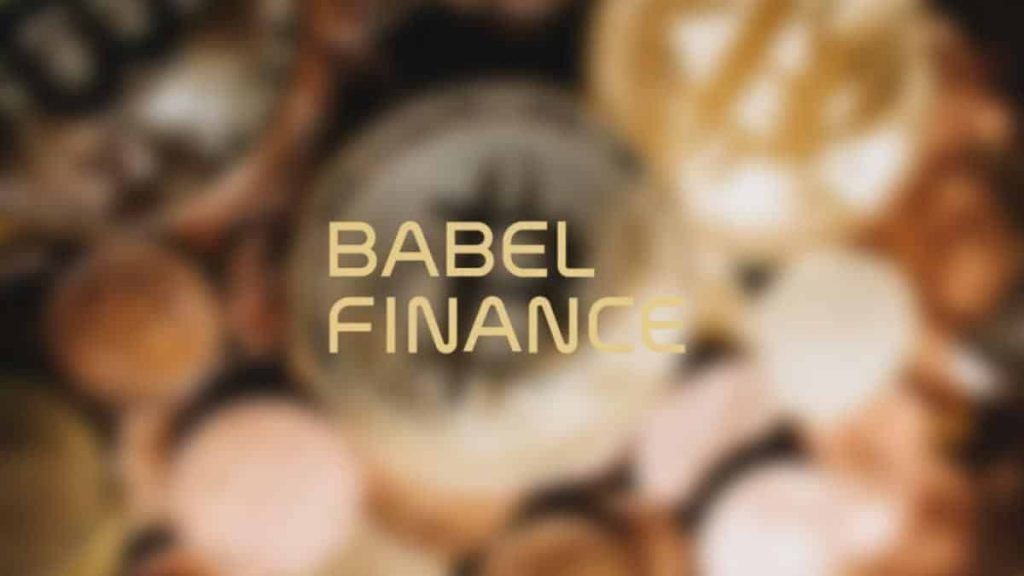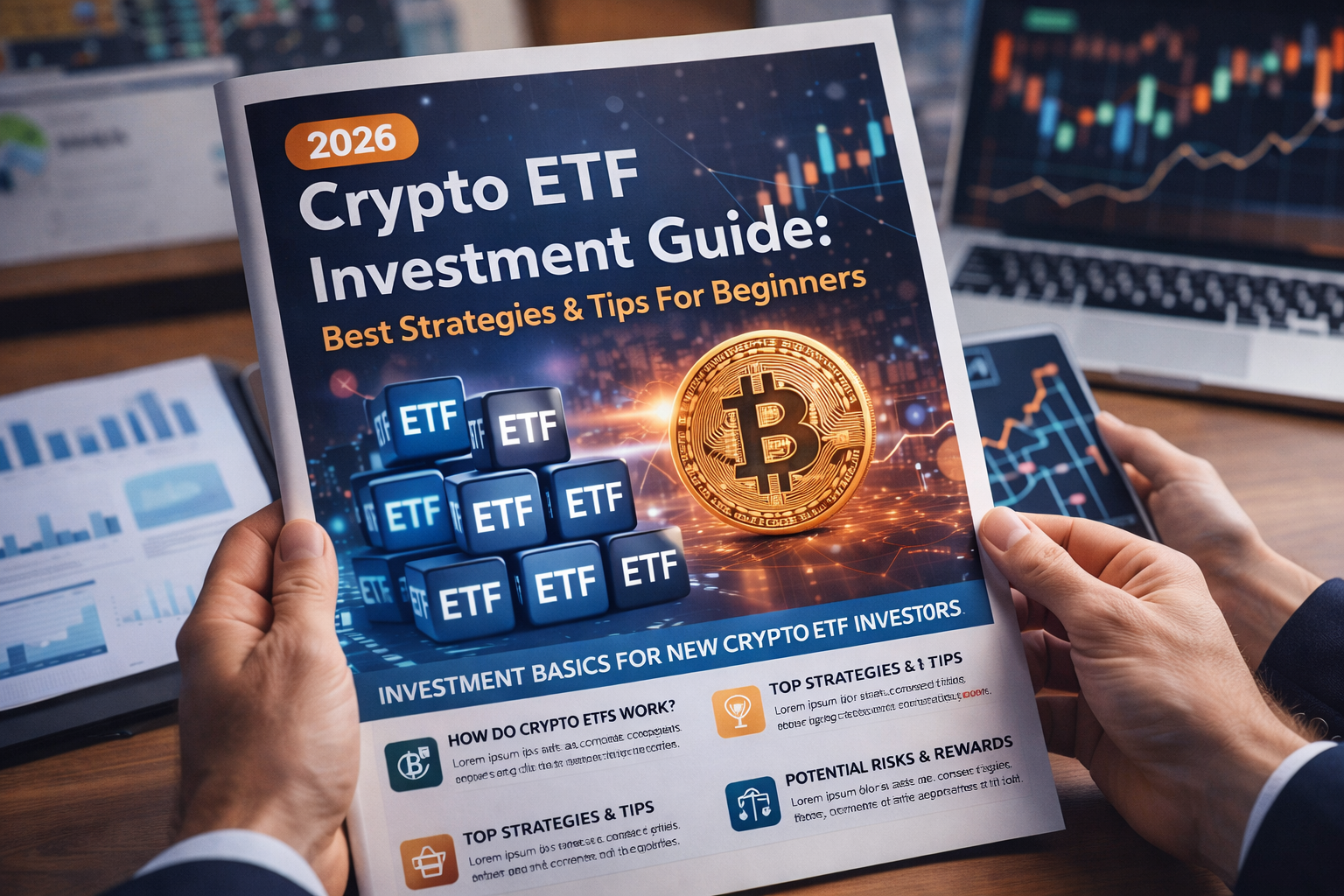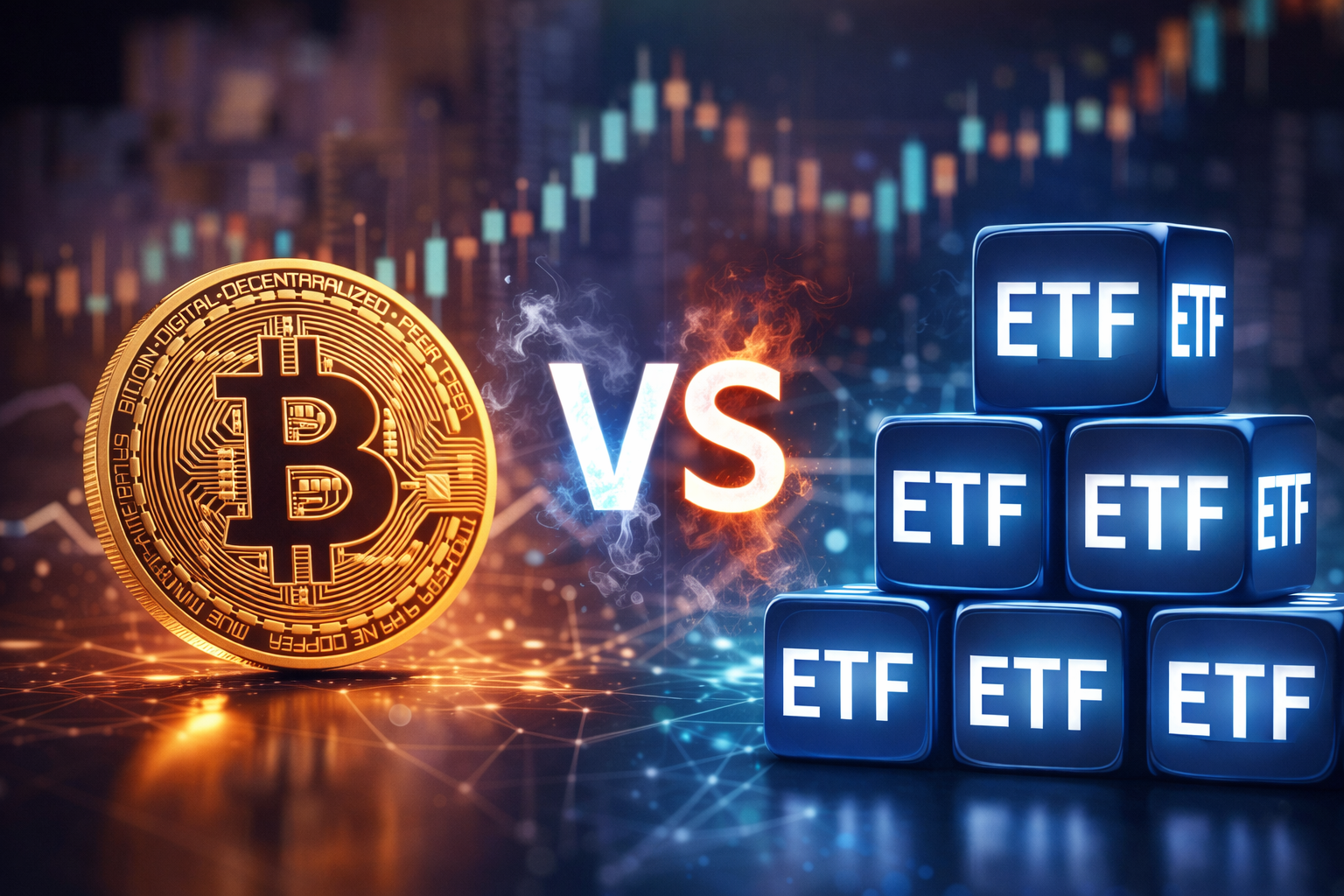
James Carter
Former CEO of Babel Finance creates New Stablecoin-How Does it Work?

A new decentralized stablecoin has been announced by Flex Yang, the former CEO and founder of Babel Finance. This new stablecoin is backed by crypto-native reserves, and a whole DeFi ecosystem has been constructed around it.
Former CEO of Babel Finance creates New Stablecoin
In an interview with TechCrunch, Yang stated that the Hope stablecoin combines centralized finance (CeFi), decentralized finance (DeFi), and traditional finance (TradFi) to give transparency and security that other so-called decentralized stablecoins did not have.
To be more specific, the Hope stablecoin will be supported by Bitcoin and Ether reserves, and it will try to keep its dollar peg by relying on market makers and arbitrage traders who will sell the token at a premium when there is more demand for newly minted stablecoins, and who will buy it at a discount when there is less demand and burn tokens in order to keep the dollar peg.
According to Yang, Hope is more analogous to MakerDAO, the organization that is responsible for the widespread use of the DeFi stablecoin Dai, but with “a number of new functions.” For example, one of Hope’s protocols is called HopeConnect, and it is a DeFi settlement and clearance application. This program enables users to trade derivatives across major exchanges without having to deposit assets on CeFi systems.
This means that there will be no CEX custody and no user credit risk, yet CEX trading experiences will be brought to DeFi. Users have the ability to access CEX liquidity in methods that are anonymous and decentralized.
There are some key differences between the Hong stablecoin and the defunct TerraUSD stablecoin, despite the fact that the Hong stablecoin can make some people think of TerraUSD. To begin, TerraUSD was a pure algorithmic stablecoin that operated through an arbitrage system with its own partner token, LUNA. This method was based on a combination of the two cryptocurrencies. On the other hand, Hope will utilize a few components that are found in CeFi.
The stablecoin has garnered support from public figures who are prominent investors. In addition, Yang is said to have confirmed that he will personally spend $10 million of his own money on the Hope ecosystem as a means of financing it.
In the meantime, the first DeFi project that will be established within the Hope ecosystem will be HopeSwap. This project will serve as an on-ramp to enable users to purchase HOPE on the platform. The “automatic market making” (AMM) mechanism will be utilized by this swap protocol, which will be constructed on the Ethereum blockchain. This protocol will also contribute to the provision of liquidity.
The following application that will be developed is called HopeConnect, and it will be followed by other applications, such as a non-custodial lending platform called HopeLend that has multiple liquidity pools, a synthetic asset exchange called HopeEcho, and other third-party DeFi applications developed on the HOPE ecosystem.
Babel Finance was one of the most successful cryptocurrency lending platforms. It began in China with the support of a number of notable investors who concentrated on China, such as Sequoia Capital China, Tiger Global, and Dragonfly Capital. After some time, the company established a presence in Singapore, which serves as the location of its current headquarters.
Nevertheless, in June of the previous year, Babel Finance was hit by market contagion in the aftermath of the disastrous collapse of the Terra ecosystem. After announcements of similar steps by Celsius Network and Voyager Digital, the lender ultimately decided to disclose the decision to freeze withdrawals.
According to a story from earlier this month by Bloomberg, Babel Finance is reportedly working on a new strategy to generate capital by means of a crypto-backed stablecoin. At the moment, various news outlets reported that the new stablecoin that is currently under consideration would be known as Babel Recovery Coin.

Yang made the following comment in response to the report: “Hope will be staked by Babel, but it will not immediately repay creditors.” Instead, Babel Recovery Coins will be distributed to the creditors (BRC).
According to Yang, the team behind Hope, which is comprised of former employees of Babel, will earn 30% of leveraged tokens (LT), with a vesting schedule that spans four years. The group will convert all of their LTs into veLTs, which stands for vote escrowed tokens, in order to run Hope’s decentralized autonomous organization (DAO).
Latest
DeFi News
06 Feb 2026
DeFi News
05 Feb 2026
DeFi News
03 Feb 2026
DeFi News
20 Jun 2024
DeFi News
09 May 2024
DeFi News
19 Apr 2024













